Edward Lee
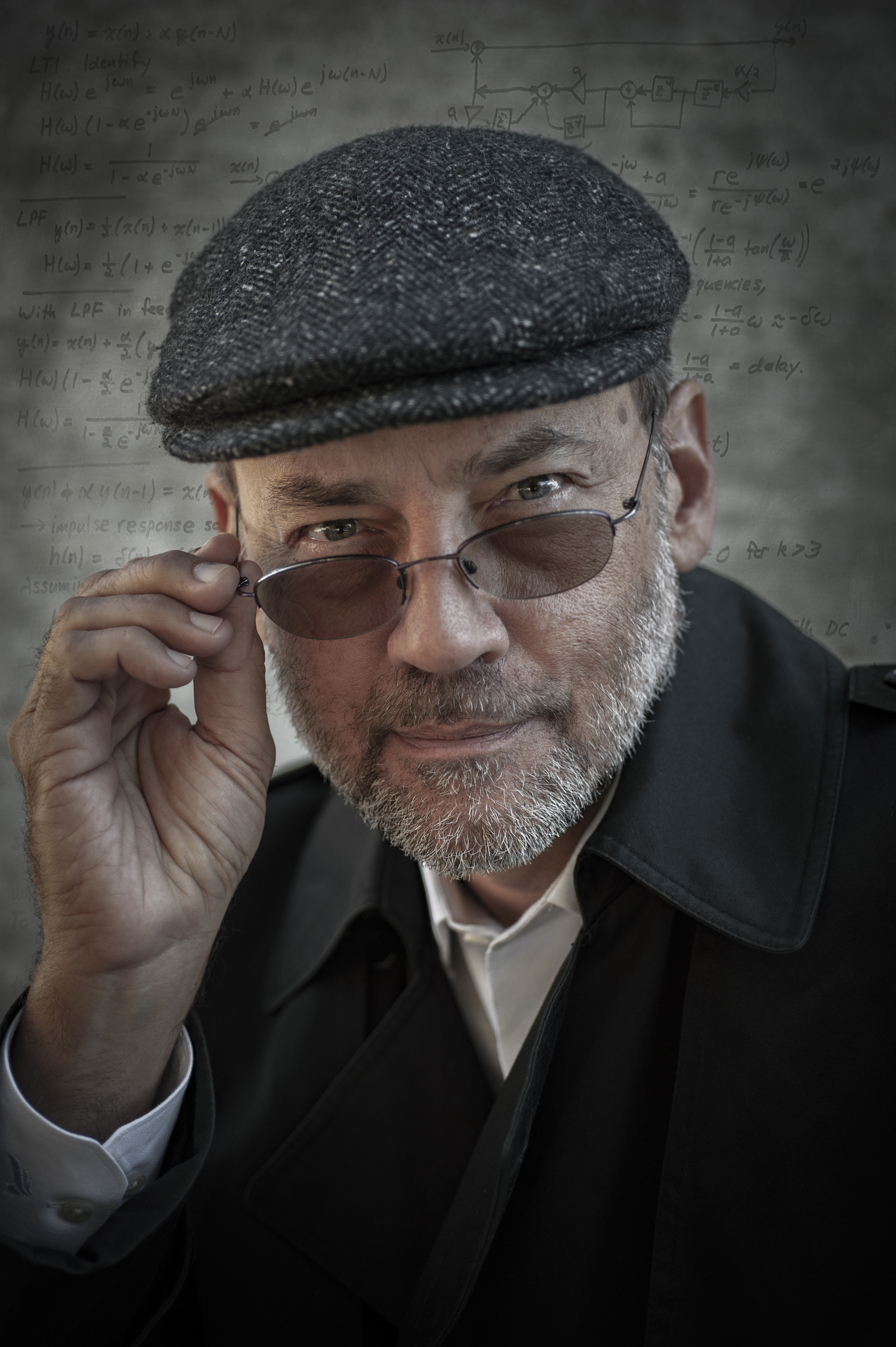
Title: Determinism
Abstract: Uncontrolled and unintended nondeterminism has been a persistent problem for concurrent, parallel, and distributed software. Recent trends have improved the situation by replacing threads and remote procedure calls with publish-and-subscribe busses, actors, and service-oriented architectures, but even these admit nondeterminism and make building deterministic programs difficult. One approach is to abandon determinism, recognizing that software has to handle unpredictable events, communication networks with varying reliability and latencies, unpredictable execution times, and hardware and software failures. In this talk, I will argue to the contrary, that determinism becomes even more valuable in unpredictable environments. Among its many benefits, determinism enables systematic testing, shifts complexity from application logic to infrastructure, enables fault detection, facilitates composability, and more. The key is to understand that determinism is a property of models, not of physical realizations. In engineering, our primary goal is to coerce the physical world to match our models. In contrast, in science, the primary goal is to coerce the models to match the physical world. In this talk, I will examine what we mean by “determinism” in engineering, science, and a bit in philosophy. Whether a model is deterministic or not depends on how one defines the inputs and behavior of the model. I will conclude by outlining a practical deterministic model well suited for concurrent, parallel, and distributed software. I will describe a realization of this model in a coordination language called Lingua Franca.
Short biography: Edward A. Lee has been working on embedded software systems for 40 years. After studying and working at Yale, MIT, and Bell Labs, he landed at Berkeley, where he is now Professor of the Graduate School in EECS. His research is focused on cyber-physical systems. He is the lead author of the open-source software system Ptolemy II, author of textbooks on embedded systems and digital communications, and has recently been writing books on philosophical and social implications of technology. His current research is focused on a polyglot coordination language for distributed real-time systems called Lingua Franca that combines features of discrete-event modeling, synchronous languages, and actors.
Eoin Woods
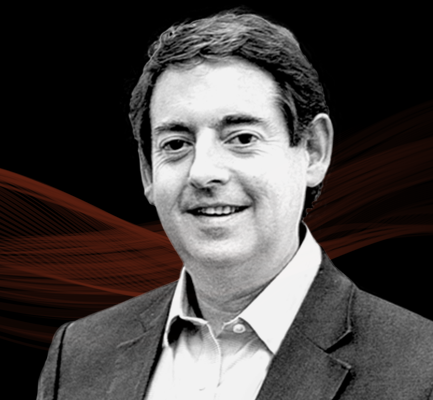
Title: Software Architecture for a Digital Age
Abstract: The COVID-19 pandemic has increase the pace of digitisation of many areas of our lives, but this is a process that has been underway for some years. We really are living in a “digital age” where many companies outside the traditional technology area, such as John Deere and GE, are building intelligent, connected digital “platforms” for their customers or their entire industry segments. Building these platforms is a very different process to building traditional enterprise applications and has to accommodate constant change, constant learning based on rapid feedback from the operational use of the platform. So software architecture needs to change too, in order to meet the challenges of building intelligent, connected platforms that are constantly in use. In this talk I will explain the challenges that software architects face in the era of digital platform development, the techniques that we are using today to meet those challenges and suggest how I think software architecture will evolve further as a result of the experience we are gaining.
Short biography: Eoin Woods is the CTO of Endava, a technology company that delivers projects in the areas of digital, agile and automation. Prior to joining Endava, Eoin has worked in the software engineering industry for 20 years developing system software products and complex applications in the capital markets domain. His main technical interests are software architecture, distributed systems and computer security. He is a former editor of the IEEE Software “Pragmatic Architect” column, co-author of the well known software architecture book “Software Systems Architecture” and was the recipient of the 2018 Linda M. Northrup Award for Software Architecture, awarded by the SEI at Carnegie Mellon University.
Mats Gejnevall
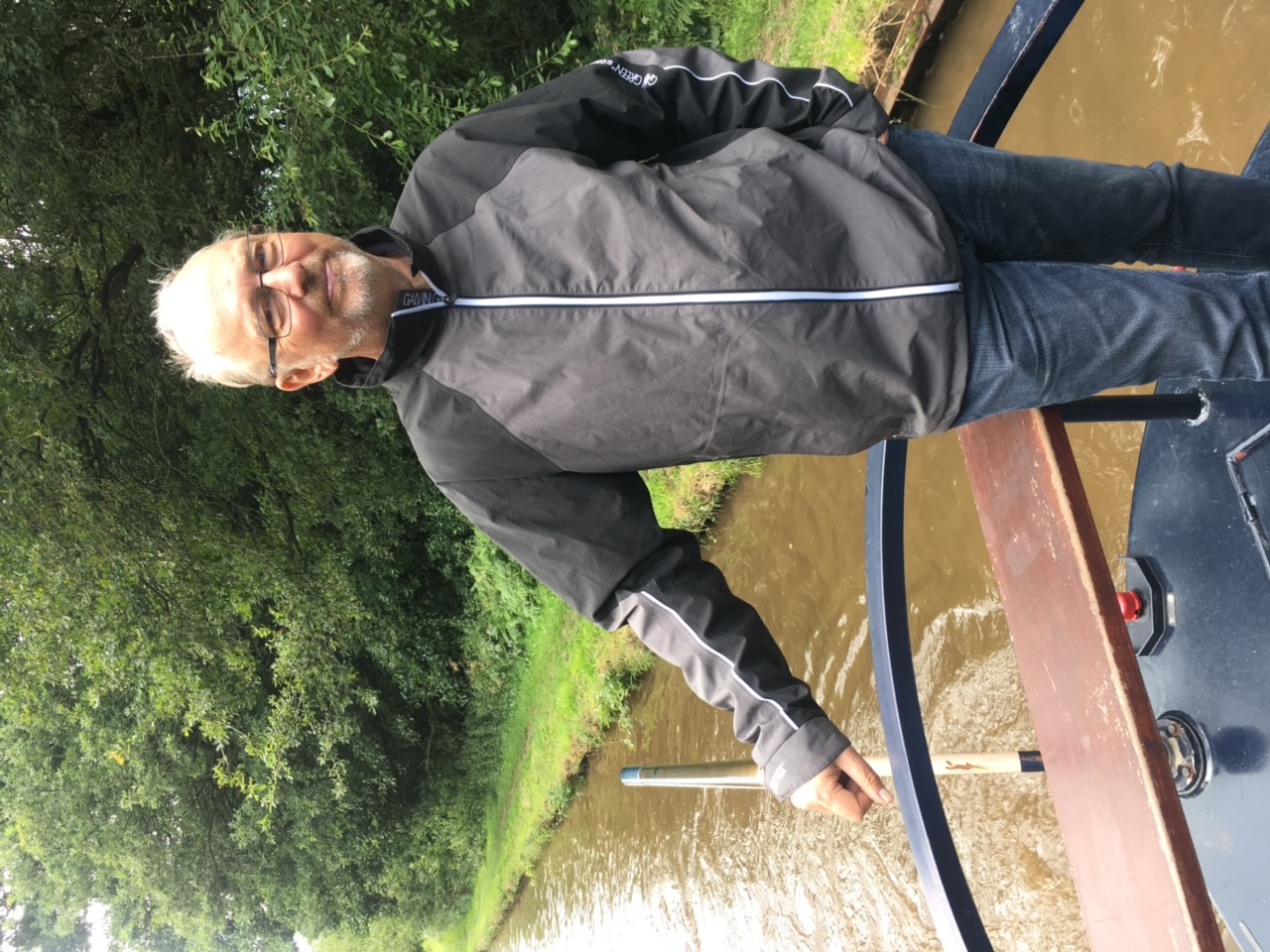
Title: Enterprise Architecture in an Agile World
Abstract: There is an ongoing demand for the size and timescale of architectures to become ever shorter. This in turn is resulting in a tendency for enterprises to skip the development of architectures, which in turn is resulting in some high-profile IT failures because of the unanticipated consequences of what appeared to be minor changes. Enterprise Architecture recognizes the need to recursively break down the architecture into more granular levels that can be architected following an Agile approach. Partitioning the architecture work is key for Agile delivery and implies the definition of creating increments based on the enterprise priorities. These smaller pieces, that cover a specific area of the organization, can then be more easily specified and implemented following an agile approach. Enterprises have adapted the agile concepts for the business development for the same reasons and are evolving their business in increments. That has to match with creating architectures and solutions in agile ways. Since the American Department of Defense (DoD) is allowing agile acquisition of solutions, there is a need to ensure that these solutions will deliver the value that is expected. Enterprise Architecture will be one of the important building blocks in that process.
Short biography: Mats is working with business development using enterprise architecture as one of the methods. Working environment is often sectors like Government, Telco, Supply Chain and Defence either transforming them to Enterprise Architecture work practices or leading and performing enterprise architecture work as both a business and IT architect. The last 15 years Mats has been involved with the Open Group enhancing The Open Group Architecture Framework (TOGAF) and creating related guides. Lately Mats has been involved in creating guides on how enterprise architects could use agile practices. Frequent he have the pleasure teaching architecture methods and a being a speaker at international conferences on Enterprise Architecture.
Barbora Buhnova
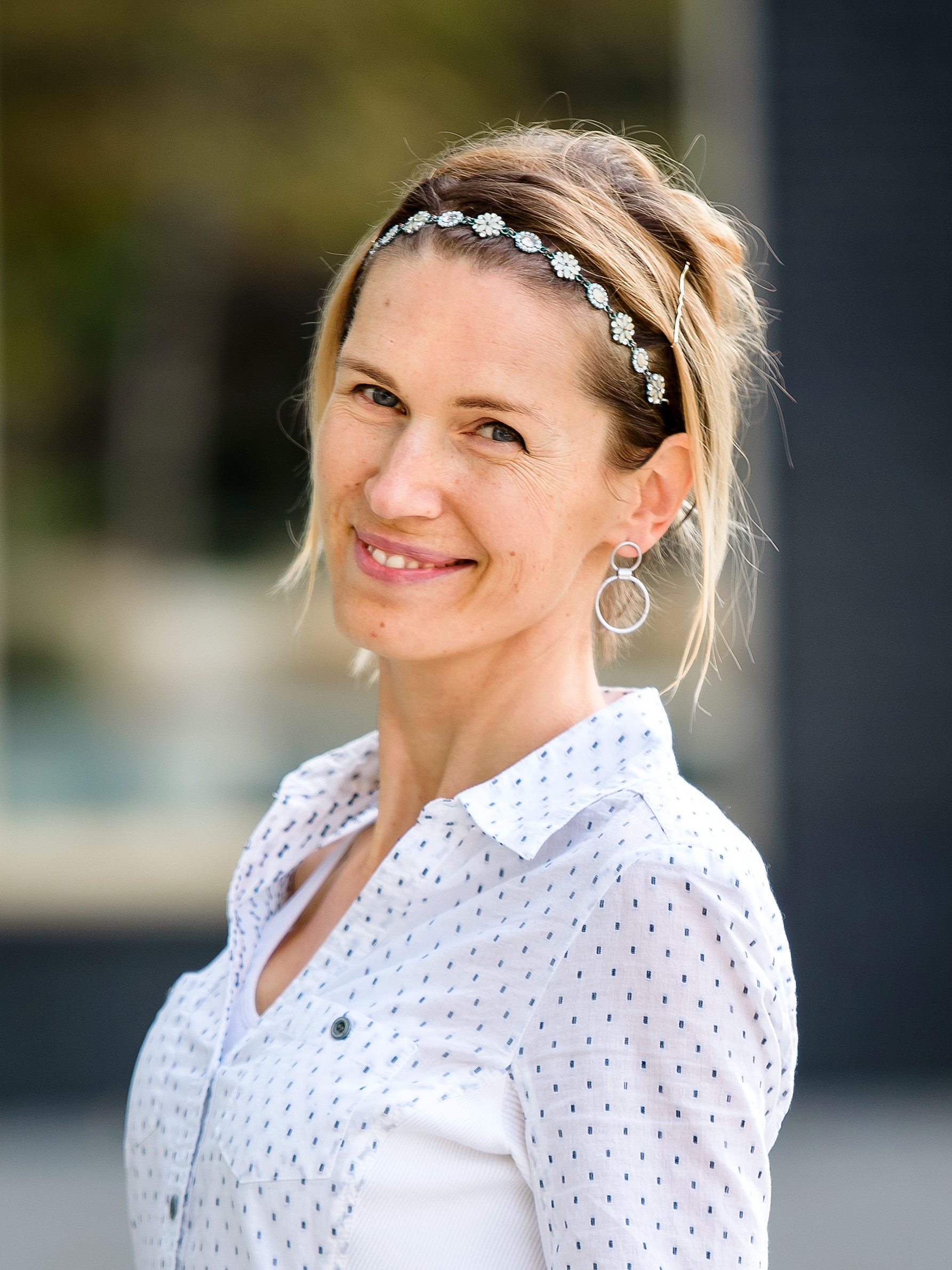
Title: Why the wrong people choose to study software architecture and the right people do not - lessons on the importance of diversity within software architecture community
Abstract: In an increasingly technology-driven world and a rapidly changing economic environment, software engineering innovation and creativity cannot be cherished to its full potential if it is formed by homogeneous expertise. More so within the software architecture community, which needs to increasingly encourage innovation across boundaries of disciplines. In the talk, we connect this context with the call for adequate support of underrepresented talent to choose software engineering and software architecture as their education and career path. Last, we share a story of a non-profit organization, called Czechitas, which started with a simple idea of bringing tech closer to girls and girls closer to tech, and has over the past seven years transformed into a major social change in the Czech Republic, influencing over 30,000 women towards software engineering/architecture education and career.
Short biography: Barbora Buhnova is an Associate Professor and Vice-Dean at Masaryk University (MU), Faculty of Informatics (FI MU) in Brno. Following her research career in Germany and Australia, she now leads multiple research teams at Faculty of Informatics MU (software architecture) and Czech CyberCrime Centre of Excellence C4e (critical infrastructures). She is the Steering Committee chair of the International Conference on Software Architecture (ICSA), and acts as a reviewer and editor in multiple scientific journals. Also, she is the chair of the Association of Industrial Partners at FI MU (with 30 companies). Next to her academic activities, she is passionate about tech education among general public, being a Co-Founding and Governing Board member of Czechitas, a non-profit organisation aiming at making IT skills more accessible to youth and women (with 30,000+ graduates). She is a member of multiple initiatives engaging more women in tech (e.g. Informatics Europe working group Women in Informatics Research and Education (WIRE), EUGAIN: European Network for Gender Balance in Informatics) reaching across the entire Europe. Within EUGAIN, which involves 37 European countries to share best practices on the topic, she is the Vice-Chair of the network.
Paola Inverardi
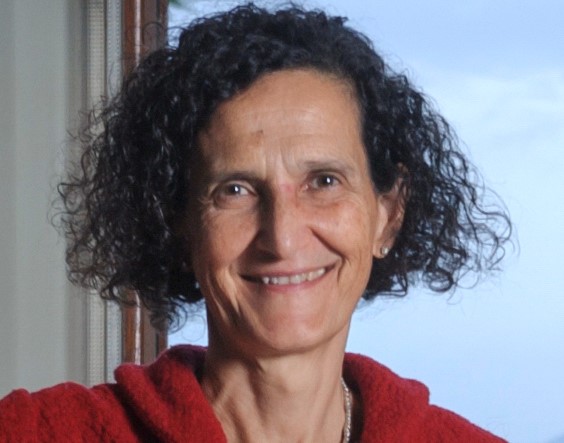
Title: On the Axiom of Software Architecture Existence
Abstract:Software architecture (SA) emerged in the last decade of the previous century as a field of interest and study for software engineering researchers and practitioners. Why did SA receive attention so late, and why can it not be ignored anymore? Is SA for foundationalists or for practitioners? Is there anything new to uncover in SA? Did we bring to practice all we discovered in the past years about the usefulness of SA? Are these results still of interest? To what extent? And for whom? Is SA just a natural abstraction for human developers? I will try to suggest some answers to these questions, and in answering them I may put forward more problems than solutions. But in the end we are researchers, and therefore we like problems…
Short biography: Paola Inverardi is Professor of Computer Science at University of L’Aquila. She was Rector of University of L’Aquila from October 2013 to September 2019. Paola Inverardi’s research area is in the application of rigorous methods to software production in order to improve software quality. In the last decade her research interests concentrated in the field of software architectures, mobile applications, and adaptive and autonomous systems. Inverardi served in the editorial boards of IEEE, ACM, Springer and Elsevier Journals. She has been general chair or program chair of leading conferences in software technology (e.g. ASE, ICSE, ESEC/FSE) and chair of the ICSE and ESEC Steering Committees. She has been member of the ACM Europe Council and she is vice-chair of ACM EUTPC. She is member of Academia Europaea. She is the Italian National Delegate for the European H2020-ICT Committee and the Italian representative in the EuroHPC Governing Board. She is 2021- G20 sherpa for the Italian Ministry of University and Research. She received a Honorary Doctorate at Mälardalen University, Sweden and a Honorary Doctorate at Shibaura University, Tokyo Japan, and is the recipient of the 2013 IEEE TCSE Distinguished Service Award (http://www.cs-tcse.org/awards).
Wed 15 SepDisplayed time zone: Amsterdam, Berlin, Bern, Rome, Stockholm, Vienna change
18:15 - 19:15 | |||
18:15 60mKeynote | Determinism Keynotes Edward Lee University of California at Berkeley | ||
Thu 16 SepDisplayed time zone: Amsterdam, Berlin, Bern, Rome, Stockholm, Vienna change
14:30 - 15:30 | |||
14:30 60mKeynote | Enterprise Architecture in an Agile World Keynotes | ||
15:30 - 15:40 | Break 4Social | ||
17:05 - 17:15 | Break 5Social | ||
18:05 - 18:15 | Break 6Social | ||
18:15 - 18:30 | DE&I papersDiversity, Equity and Inclusion (DE&I) Chair(s): Ingrid Nunes Universidade Federal do Rio Grande do Sul (UFRGS), Brazil, Thomas Vogel Humboldt-Universität zu Berlin | ||
18:15 15mPaper | Toward Awareness Creation of Common Challenges Women are Facing in Academia: A Case Study from a German Perspective Diversity, Equity and Inclusion (DE&I) Sophie Schulz Karlsruhe Institute of Technology, Manar Mazkatli Karlsruhe Institute of Technology, Martina Rapp FZI Research Center for Information Technology, Hamideh Hajiabadi Karlsruhe Institute of Technology, Angelika Kaplan Karlsruhe Institute of Technology, Romina Kuehn , Larissa Schmid Karlsruhe Institute of Technology, Snigdha Singh Karlsruhe Institute of Technology | ||
18:30 - 19:15 | DE&I Keynote: Barbora BuhnovaKeynotes Chair(s): Ingrid Nunes Universidade Federal do Rio Grande do Sul (UFRGS), Brazil, Thomas Vogel Humboldt-Universität zu Berlin | ||
18:30 45mKeynote | Why the wrong people choose to study software architecture and the right people do not - lessons on the importance of diversity within software architecture community Keynotes Barbora Buhnova Masaryk University | ||
Fri 17 SepDisplayed time zone: Amsterdam, Berlin, Bern, Rome, Stockholm, Vienna change
14:30 - 15:30 | |||
14:30 60mKeynote | Software Architecture for a Digital Age Keynotes Eoin Woods Endava | ||
15:30 - 15:45 | Break 7Social | ||
Unscheduled Events
| Not scheduled Keynote | On the Axiom of Software Architecture Existence Keynotes Paola Inverardi University of L'Aquila |